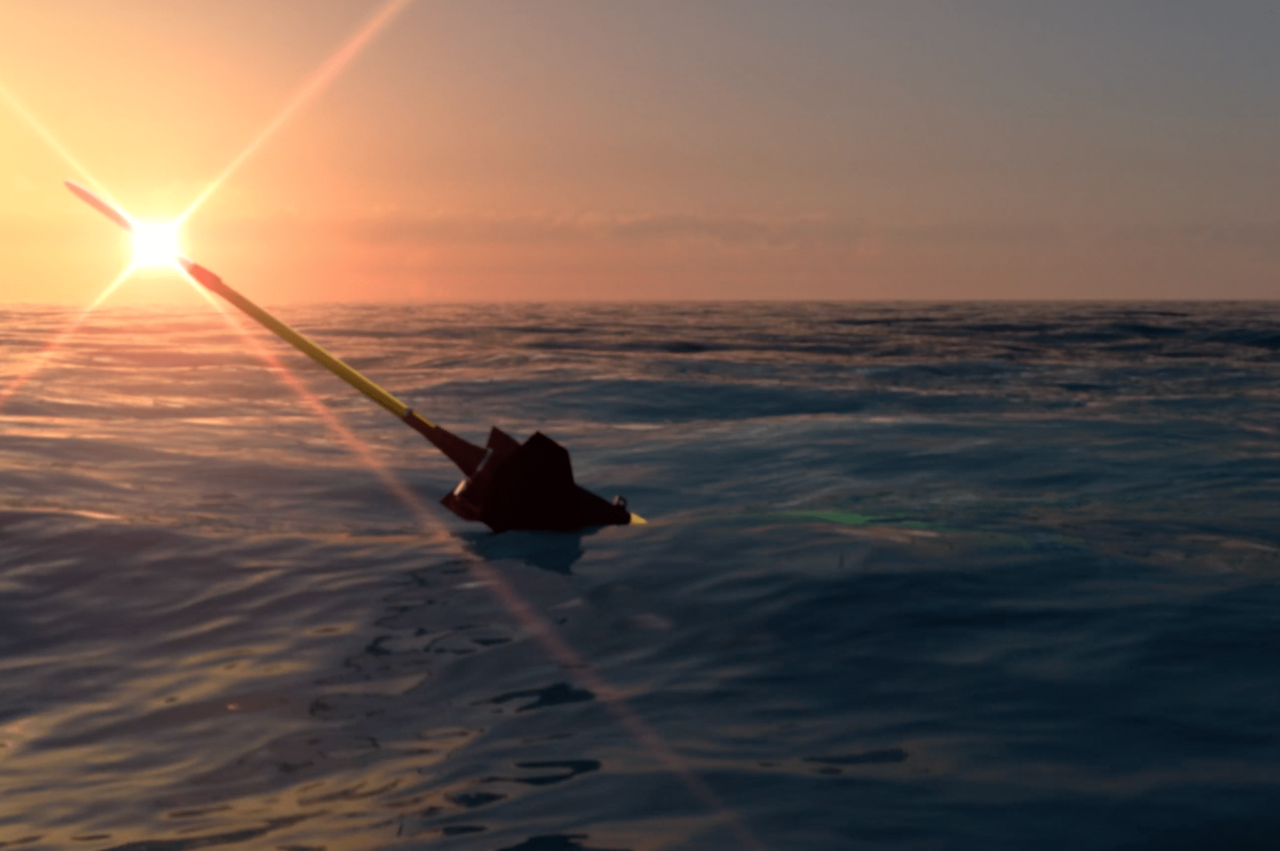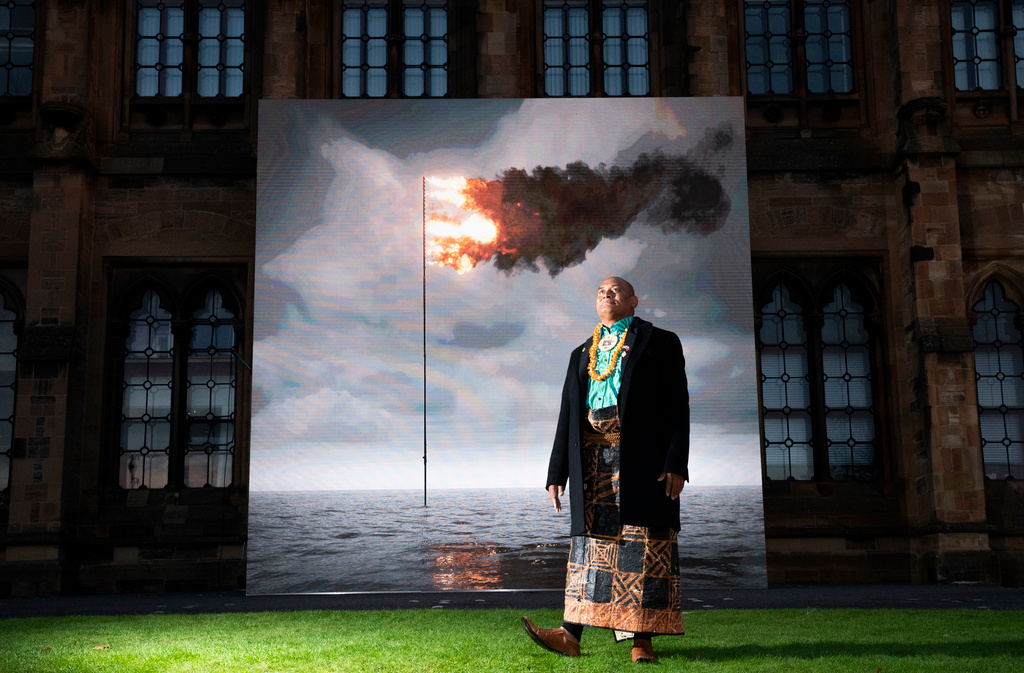The sea takes their home – Islanders must move
A small island in the Caribbean Sea is slowly disappearing. Hundreds of people are now getting ready to flee the rising waters that threaten their homes.
– It is the first island in Latin America from which people have to flee due to sea level rise, says Maribel Pinto from Panama’s climate delegation.

For more than a hundred years, the indigenous Kuna have lived a simple life on the small island of Carti Sugtup off the northern coast of Panama. Here, extreme weather such as floods and storms pose existential threats. And on the horizon, more dark clouds lurk in the wake of climate change.
Tides are already washing over roads and into homes on Carti Sugtup, which is part of a group of low-lying islands that experts say are at risk of being swallowed by the sea by the end of the century.
Now hundreds of islanders are getting ready to move to the mainland where the Panamanian government has built houses where they can restart their lives. The move is delayed but is expected to happen next year, according to Maribel Pinto, deputy head of Panama’s delegation at the COP28 climate conference.
It is the first island in Latin America from which people have to flee due to sea level rise. But there may be more in the future, she tells TT’s correspondent in Dubai.
– We do not force anyone to move, but many feel that it is no longer possible to stay. But they have lived their whole lives with the sea outside the window and now they have to start over and change everything. How will it affect them?

Severe drought
Panama, which is slightly smaller than Svealand in Sweden, has coastlines on the Pacific Ocean to the south and the Caribbean Sea to the north. The country is suffering from a historically severe drought – which has shone a light on one of the world’s busiest trade routes.
Cargo ships carrying everything from toys to food have been stuck in queues and face delays of up to a month due to the low water levels restricting traffic in the Panama Canal.
Drought is a growing problem as climate change leads to higher temperatures, and for Panama the situation is exacerbated by the El Niño weather phenomenon. Together, they create problems that extend far beyond delayed deliveries to the US and Europe.
– The drought is hitting food production hard, says Maribel Pinto.
– Agriculture is having a very difficult time right now, people are losing their animals and crops. They lose everything. It is one of the most important sectors for our economy.

Wellcome fund
Representatives of the entire world are currently at the UN climate conference COP28, to find ways to try to slow down rampant climate change for two weeks.
For Panama, it was welcome that the meeting could give the green light on the first day to launch the disputed fund for injuries and losses. It will help vulnerable countries tackle climate-related effects already now.
– Now we have to make sure that money comes in and that it does not entail any additional costs for countries that want to use the fund. But it is also important that the big countries reduce their emissions, says Pinto.
– Panama is very vulnerable to climate change. Now it is very dry, but sometimes it also rains extremely heavily. It changes quickly and we have to try to adapt to all the different scenarios at once.
One of the novelties at this year’s climate meeting is the so-called global review, which for the first time takes stock of how the world’s countries are living up to the goals of the Paris Agreement. It is known that far too little is being done – but Pinto hopes that the process will lead to countries raising their ambitions and lowering their emissions.
– A few steps forward are being taken at COP28. Certainly very small, but we have to start somewhere. We have a lot of work ahead of us.




